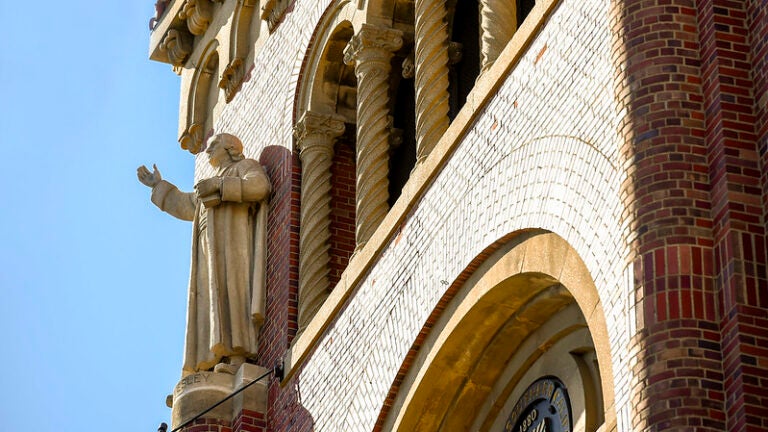As described in the “About the Graduate Program” page, USC English is committed not just to instructing students, but to providing them with the skills, knowledge, and experience required to succeed in the profession.
Contact Details
USC Department of English
3501 Trousdale Parkway
Taper Hall of Humanities 404
Los Angeles, CA 90089-0354
